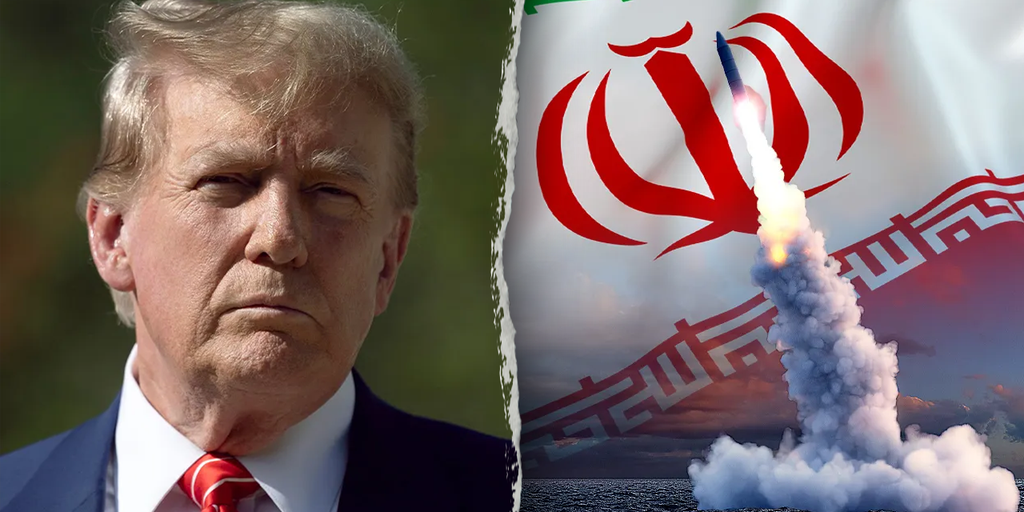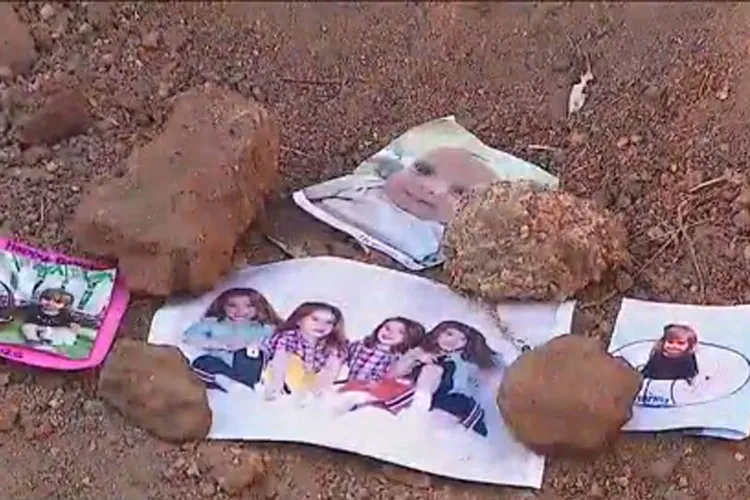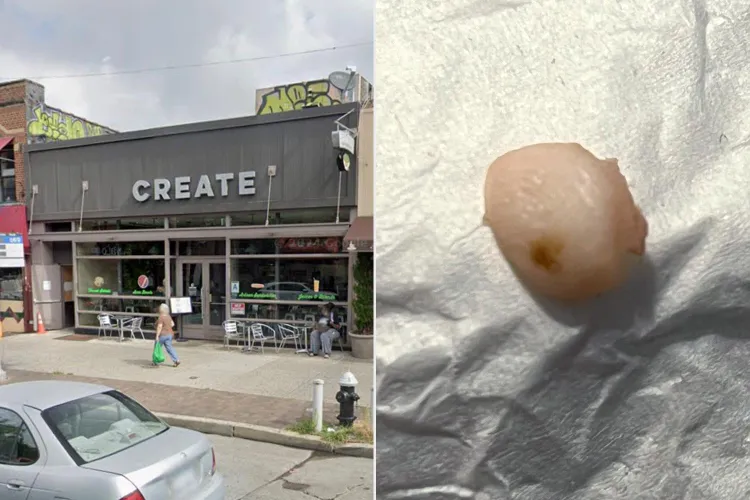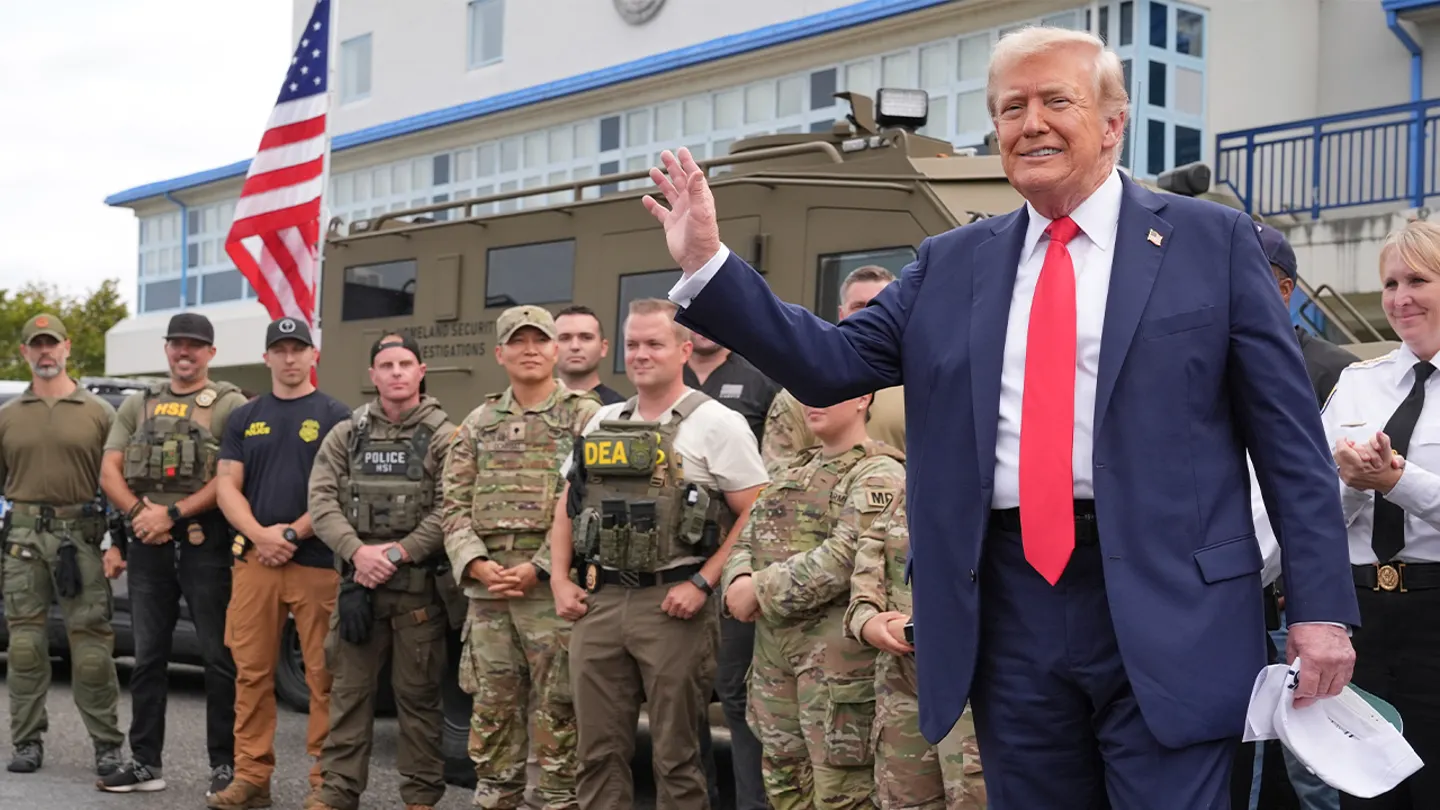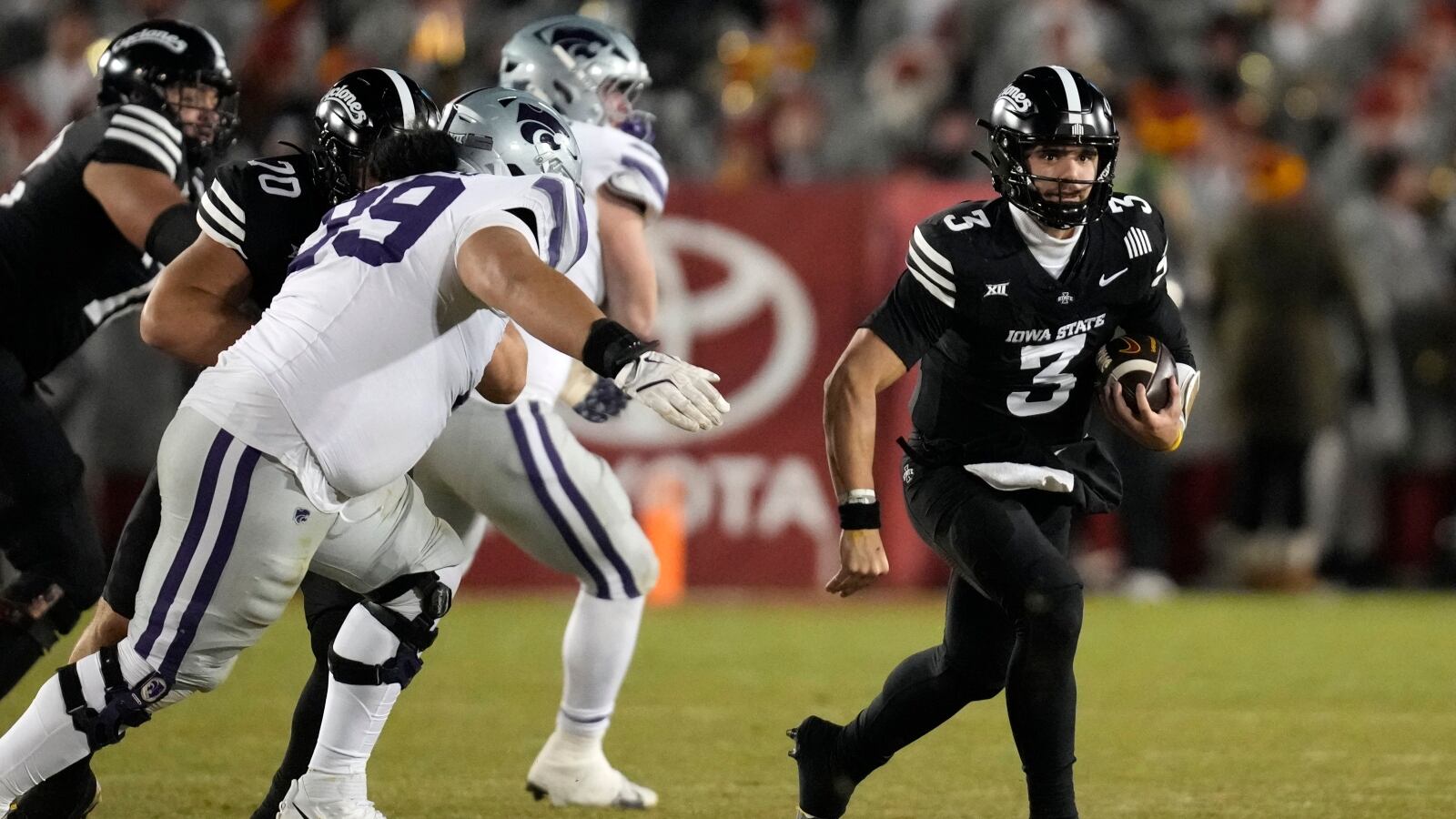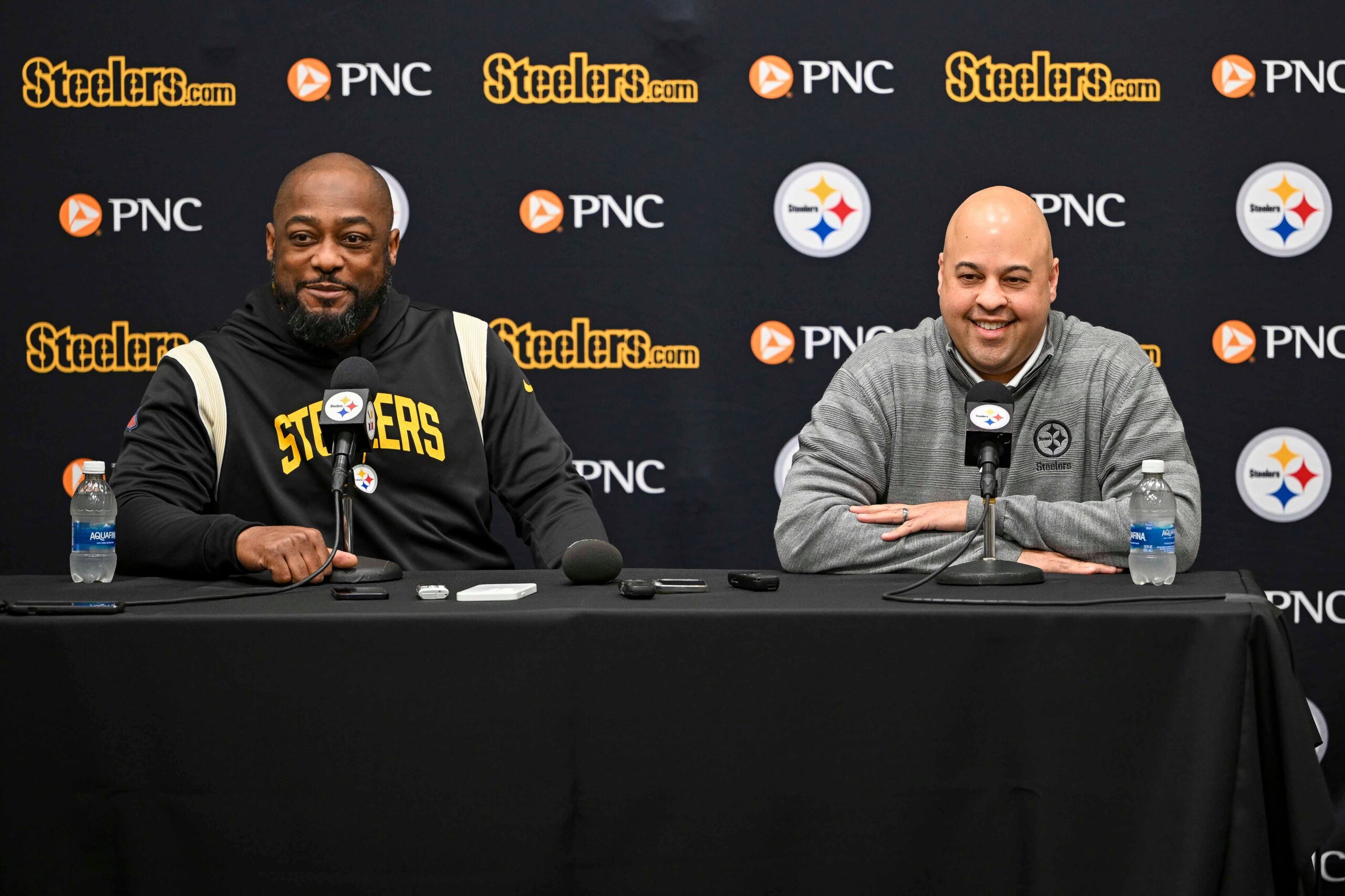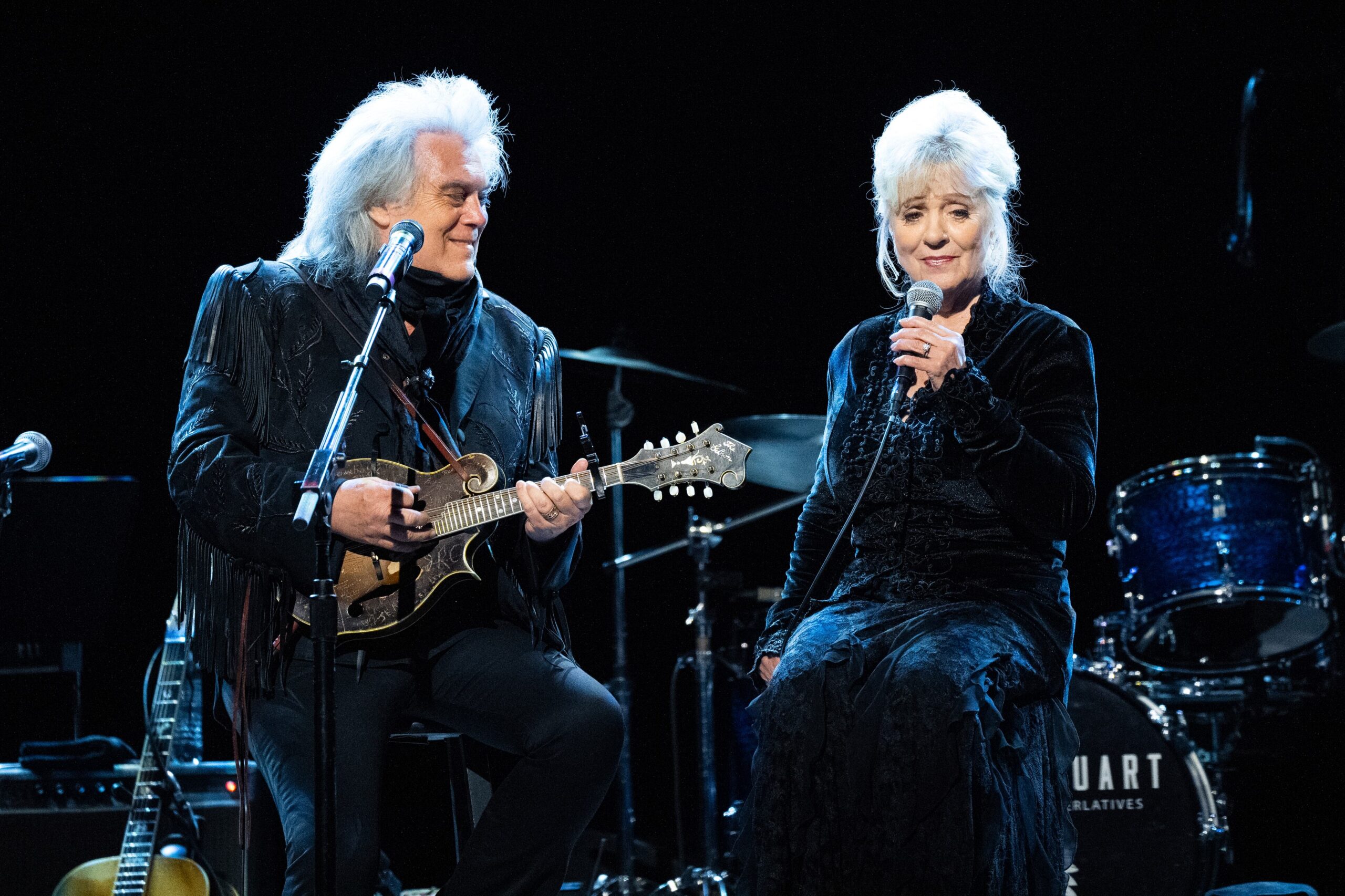Iran has warned it may
enrich uranium to weapons-grade levels
and
withdraw from the Nuclear Non-Proliferation Treaty (NPT)
if Western nations follow through on plans to
reimpose United Nations sanctions
, Iranian state media reported. The threat comes amid increasing pressure from the United States and its European allies.
Diplomatic Deadline Looms
According to
Axios
,
U.S. Secretary of State Marco Rubio
and the foreign ministers of
France, Germany, and the United Kingdom
agreed during a Monday phone call to set an
August deadline
for reaching a new nuclear deal with Tehran.
If no agreement is reached by then, the European powers plan to invoke the
UN “snapback” mechanism
, which would automatically reinstate sweeping sanctions on Iran’s arms trade, banking system, and nuclear program.
Newsweek
has reached out to both the U.S. State Department and Iran’s Foreign Ministry for comment.
Why It Matters
A return to UN sanctions could
collapse what remains of the 2015 Iran nuclear deal
(JCPOA) and push Tehran toward enriching uranium to
90% purity
—the threshold for
nuclear weapons use
. The crisis has been years in the making, beginning with the
Trump administration’s 2018 withdrawal
from the deal, which prompted Iran to expand its nuclear activities and restrict international inspections.
Tensions have risen sharply in recent months following
direct U.S. and Israeli strikes
on Iranian nuclear sites. Experts warn that if Iran exits the NPT, it could effectively
end global oversight
of its nuclear operations and significantly undermine international nonproliferation efforts.
Tehran’s Warning
Iran’s
Tasnim news agency
reported that if sanctions are reimposed, Tehran could
raise uranium enrichment from the current 60% to 90%
, potentially directing enriched stockpiles toward military purposes not explicitly prohibited by international law.
Echoing this stance,
Alaeddin Boroujerdi
, a senior member of Iran’s Parliament National Security and Foreign Policy Commission, said Iran will respond proportionally to Western “missteps.”
“Iran will not yield to pressure,” Boroujerdi said. “We will defend our legal rights. Negotiations must respect our sovereignty, and bombing cannot erase scientific knowledge — it only strengthens it.”
Trump Says “No Rush” to Talk
On Tuesday,
President Donald Trump
claimed Iran was eager to reopen negotiations with the U.S. but insisted he was in
“no rush,”
citing recent U.S. strikes on Iranian nuclear facilities.
“They’d like to talk,” Trump told reporters. “I’m in no rush because we obliterated their site.”
Trump’s comments came as Secretary Rubio and his European counterparts coordinated their Iran strategy in a joint call. The discussion focused on contingency planning and how to manage the snapback mechanism ahead of
Russia assuming the rotating UN Security Council presidency in October
.
What Key Players Are Saying
-
President Donald Trump
: “They [Iran] would like to talk. I’m in no rush to talk because we obliterated their site.” -
French Foreign Minister Jean-Noel Barrot
: “Without a firm, tangible, and verifiable commitment from Iran, we will trigger snapback by the end of August at the latest.” -
Iranian Foreign Minister Abbas Araghchi
: “This move would mark the end of Europe’s role in Iran’s peaceful nuclear file.”
What Happens Next
If no agreement is reached by the end of August,
France, Germany, and the U.K. are expected to trigger the UN snapback mechanism with U.S. support
. In response, Iran could:
-
Enrich uranium to
weapons-grade levels (90%)
-
Withdraw from the NPT
, ending international inspections - Escalate nuclear activities further amid rising military and political tensions
Such moves would
raise the risk of broader regional conflict
,
especially after the recent
military strikes by the U.S. and Israel
on Iranian nuclear infrastructure.
The coming weeks are likely to be pivotal as diplomacy hangs in the balance and the clock ticks toward an August showdown.
